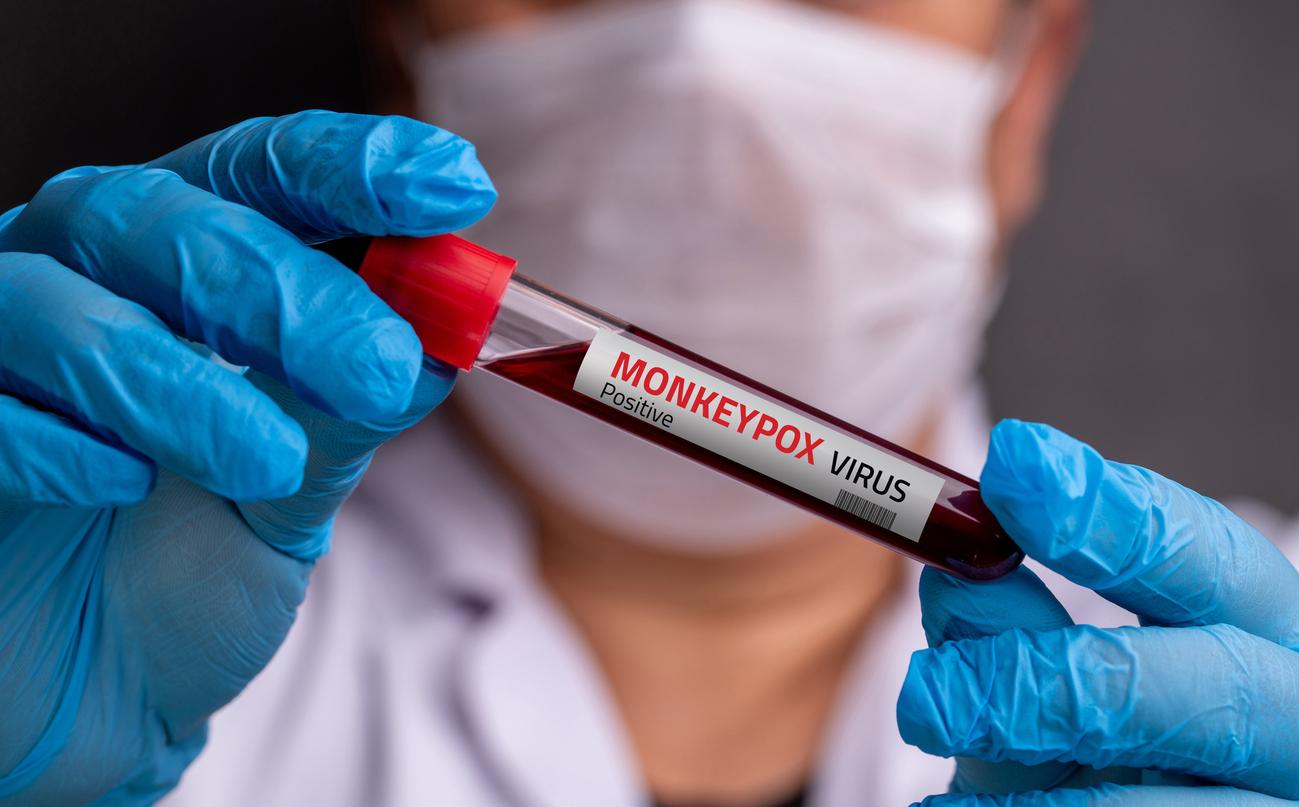A new variant of Covid-19, both a subvariant of Omicron and a carrier of a Delta mutation, is in circulation and could cause a more serious form of the disease. We take stock.

- Currently, there are 100% of Omicron among the sequenced viruses, that is to say sent to the laboratory for analysis.
- 60.4% of the population received a full vaccination with a booster dose in France, according to Santé Publique France.
4,475 new cases of people positive for Covid-19 have been declared in the last 24 hours in France, on January 20, 2023, according to Public Health France. This figure is down more than 28% over the last seven days. But we must not abandon barrier gestures because new variants are emerging and seem more dangerous.
Orthos: a subvariant of Omicron and a mutation of Delta
The last is the CH.1.1 variant, also nicknamed “Orthos”. In Greek mythology, Orthos is a two-headed dog… A nickname that was not chosen at random since this new variant is both a sub-variant of Omicron and a mutation of Delta.
The first time Orthos was detected was in November 2022, in the UK. Since then, the contamination has increased and it now represents one in five cases, or 23.3% of new cases in this country, according to the Spanish media. 20 minutes. In Spain too, Orthos has been present for several weeks, according to the latest report published by the Ministry of Health.
For now, the known symptoms of this sub-variant are similar to those of the other variants: runny nose, headache, fatigue, sneezing, sore throat, etc. But Orthos worries because he carries a mutation called P681R, also present in the Delta variant. This could allow it to attack human cells more aggressively and therefore cause a more severe form of the disease.
CH.1.1: new variant of Covid-19 not classified as a concern by the WHO
For now, some experts seem reassured. According to María del Mar Tomás, Spanish microbiologist and spokesperson for the Spanish Society of Infectious Diseases and Clinical Microbiology (Seimc), there would be no additional risk to public health.”due to high rates of vaccination and previous infection in EuropeHowever, Orthos is also said to have a mutation called R346T, which could make the antibodies generated by the vaccination less effective against him, according to the media. Dailymail.
Orthos has not yet been added to the list of variants “of concern” currently in circulation by the World Health Organization (WHO).
















